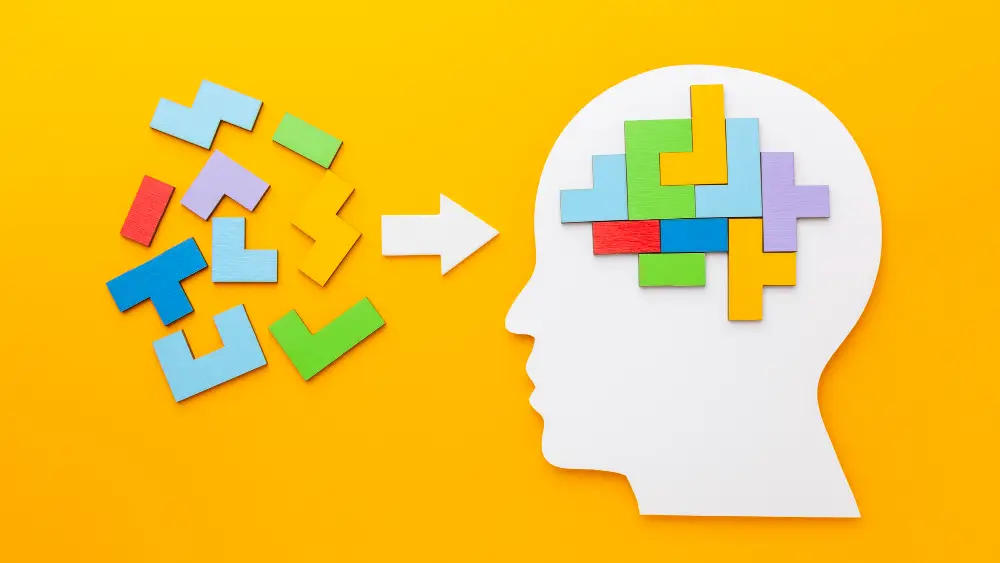
Music therapy is a dynamic and evidence-based practice that harnesses the power of music to improve emotional, cognitive, and physical health. By engaging with rhythm, melody, and sound, individuals can connect with their emotions, reduce stress, and enhance their overall well-being. Whether it involves listening to music, singing, playing instruments, or songwriting, music therapy provides a creative and non-verbal way to express feelings and process experiences.
Music therapy is used in various settings, including hospitals, schools, rehabilitation centers, and mental health facilities. It has proven benefits for people dealing with conditions like anxiety, depression, autism, trauma, and even physical rehabilitation. The therapeutic process can help improve memory, communication skills, motor skills, and emotional regulation.
One of the key strengths of music therapy is its adaptability—it can be tailored to meet the specific needs of each individual, regardless of age or musical ability. Through music, people are able to access a sense of connection, joy, and self-expression that fosters healing and personal growth. Whether used as a tool for relaxation, motivation, or emotional expression, music therapy helps individuals improve their quality of life and unlock the transformative power of music.


